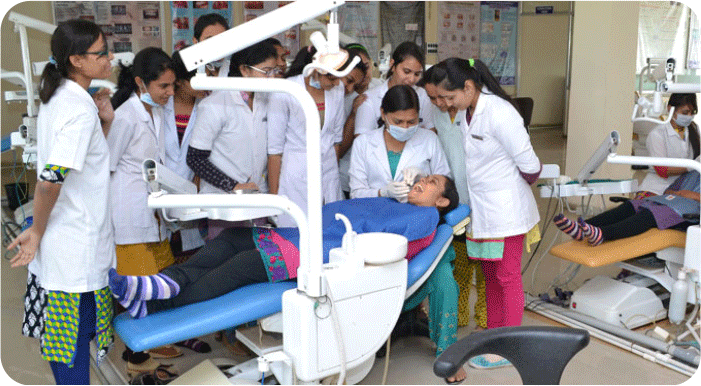
Affordable Public Health Colleges with Excellent Education
Choosing a career in public health is a meaningful and impactful decision. However, the cost of higher education can often be a barrier for aspiring students. Fortunately, there are public health colleges offering affordable tuition while maintaining high educational standards. This ensures students receive a quality education without financial strain. Below, we explore some features and opportunities these colleges offer to help students thrive in their public health colleges.
Why Choose an Affordable Public Health College?
Affordable public health colleges provide an excellent way to balance cost and quality. Students can unlock numerous opportunities for learning, research, and community engagement without the burden of significant student debt. These colleges often emphasize practical education, linking students with hands-on experiences such as internships, volunteer opportunities, and real-world projects. This approach not only develops technical knowledge but also creates a strong foundation for meaningful professional contributions.
Affordability does not mean compromise on quality. Many of these institutions boast faculty members who are experts in their fields, well-equipped facilities, and access to cutting-edge research in public health topics like environmental health, disease prevention, and community partnerships.
Features of Excellent Public Health Education
Affordable public health colleges prioritize providing accessible and high-quality learning experiences for all students. Some of the standout features include:
1. Health Equity Research Opportunities
Understanding and addressing health disparities in populations is central to public health programs. Affordable institutions often engage students in research to explore factors like environmental health and violence prevention efforts, preparing them to tackle prominent challenges affecting populations.
2. Focus on Student Success
Public health colleges designed with student success in mind aim to ensure each individual reaches their professional goals. They provide robust career services, mentorship programs, and workshops that prepare students for a competitive job market. Access to these services is especially valuable for students from underserved regions, helping them thrive in their education and future careers.
3. Practical Exposure
Many affordable institutions foster collaborations with local health organizations and community health partnerships, offering students hands-on experiences. Whether it’s working with communities or participating in projects, students gain valuable practical knowledge to complement their academic learning.
4. Global Health Learning
Affordable public health colleges often have programs focusing on global health trends and migration health dynamics. These programs equip students with cross-cultural understanding and knowledge to address global challenges in healthcare.
5. Commitment to the Entire community Community
Public health institutions emphasize compassionate services and patient-centered care, preparing students to serve the health needs of Community. By learning about Patient-centered carecare models, future health professionals are trained to prioritize the well-being of all individuals, ensuring no one is left behind.
Proudly powered by WordPress. Theme by Infigo Software.